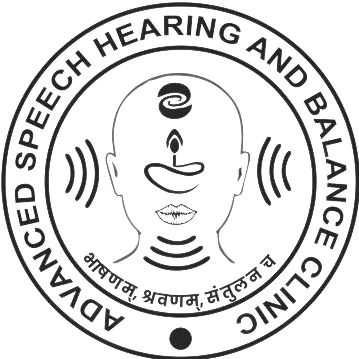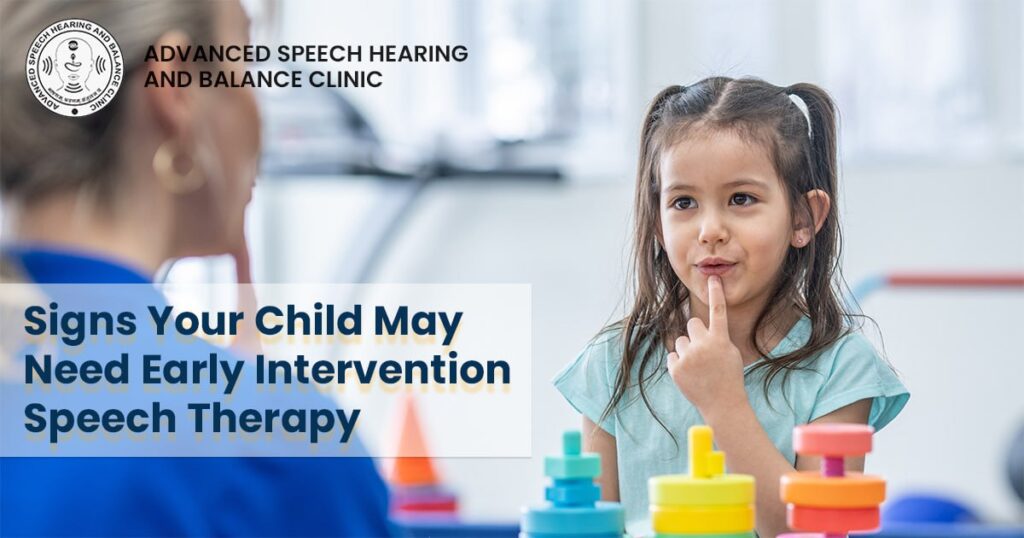Signs Your Child May Need Early Intervention Speech Therapy
Hearing their child’s first words is something that every parent eagerly awaits. Those little attempts at communication are heartwarming milestones that families cherish forever. But sometimes, children may not reach these milestones at the expected time. Some might struggle with pronunciation, while others may not respond to sounds or may have limited vocabulary compared to their peers. In such cases, Early Intervention Speech Therapy can make a world of difference. Seeking timely help from experts at centers like ASHBC ensures your child receives the right support to grow into a confident communicator.
Why Early Intervention Matters
Communication skills form the foundation of a child’s learning and social interactions. Delayed speech or language development doesn’t just affect communication, it can also influence school performance, friendships, and self-confidence. Early detection and therapy are crucial because younger children’s brains are highly adaptable, making it easier to build strong communication skills with professional guidance.
Signs Your Child May Need Speech Therapy
1. Limited Vocabulary for Age
If your toddler is not saying single words by 18 months or forming short sentences by 2–3 years, it may signal a delay. While every child develops at their own pace, significant gaps should be assessed.
2. Difficulty Understanding Instructions
A child who struggles to follow simple directions like “pick up the toy” or “come here” might have underlying language comprehension issues. Early support can help bridge this gap.
3. Unclear Speech
If family members or peers often struggle to understand your child, it may indicate articulation difficulties. Early Intervention Speech Therapy can help correct these challenges before they become ingrained habits.
4. Stammering or Repetition
Occasional repetition of words is common in young children, but if stammering persists or worsens, therapy can help improve fluency and ease communication.
5. Lack of Response to Sounds
If your child doesn’t react to familiar voices, songs, or environmental sounds, it could be linked to hearing or speech difficulties. Professional evaluation becomes essential in such cases.
6. Social and Emotional Frustration
Children with speech delays may show frustration when they can’t express themselves, leading to tantrums or withdrawal. This emotional impact is another sign that early help is needed.
How Therapy Helps
At centres like ASHBC, specialists design therapy sessions tailored to each child’s needs. Techniques may include play-based activities, interactive games, and exercises that make learning enjoyable. Families are also guided on how to support their child at home, ensuring therapy continues beyond the clinic. With consistent effort, children often show remarkable improvement in both speech and confidence.
The Role of Parents
Parents are the strongest partners in this journey. By observing their child closely, encouraging communication, and seeking timely professional support, they can create an environment that nurtures growth. Remember, it’s not about comparing your child with others, but about giving them the tools they need to thrive.
Conclusion
Noticing delays in your child’s speech or language development can be worrying, but the good news is that help is available, and the earlier you seek it, the better the outcomes. Early Intervention Speech Therapy gives children the best chance to overcome difficulties and build strong communication skills for life. If you’ve observed any of these signs in your child, reaching out to a trusted center like ASHBC can provide the guidance, care, and expertise needed to support your child’s journey toward confident communication.


